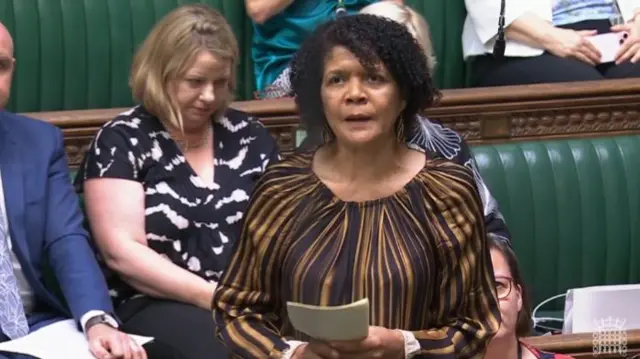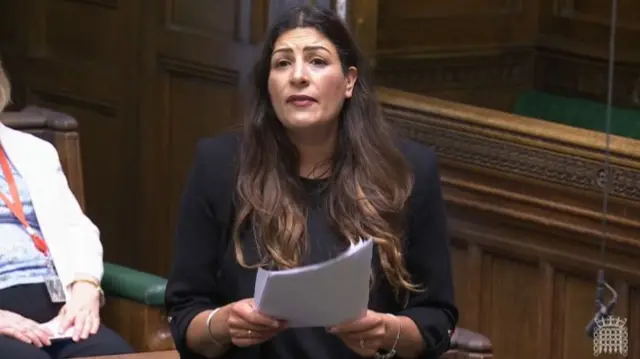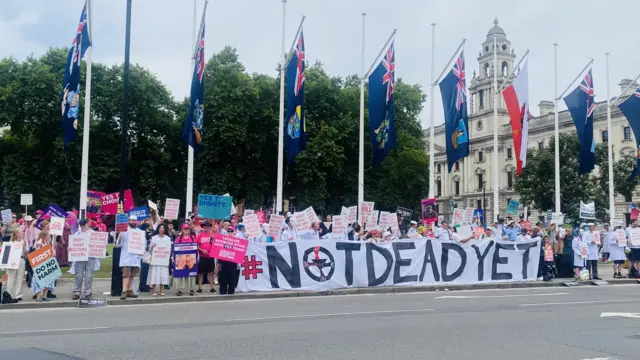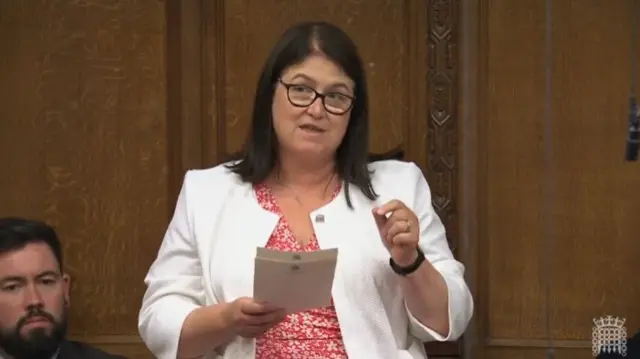'I've agonised over which way to vote' - MP tells Commonspublished at 13:40 BST 20 June
As the debate continues, Conservative MP Nigel Huddleston admits that he has agonised over which way to vote on the issue of assisted dying.
He says that he has significant concerns that assisted dying could be abused and expanded way beyond its original debate.
Huddleston adds that a bill with stronger safeguards in the future may give him more confidence, but he says this bill does not.
He adds that religious beliefs in this debate should be respected and not sneered at.







